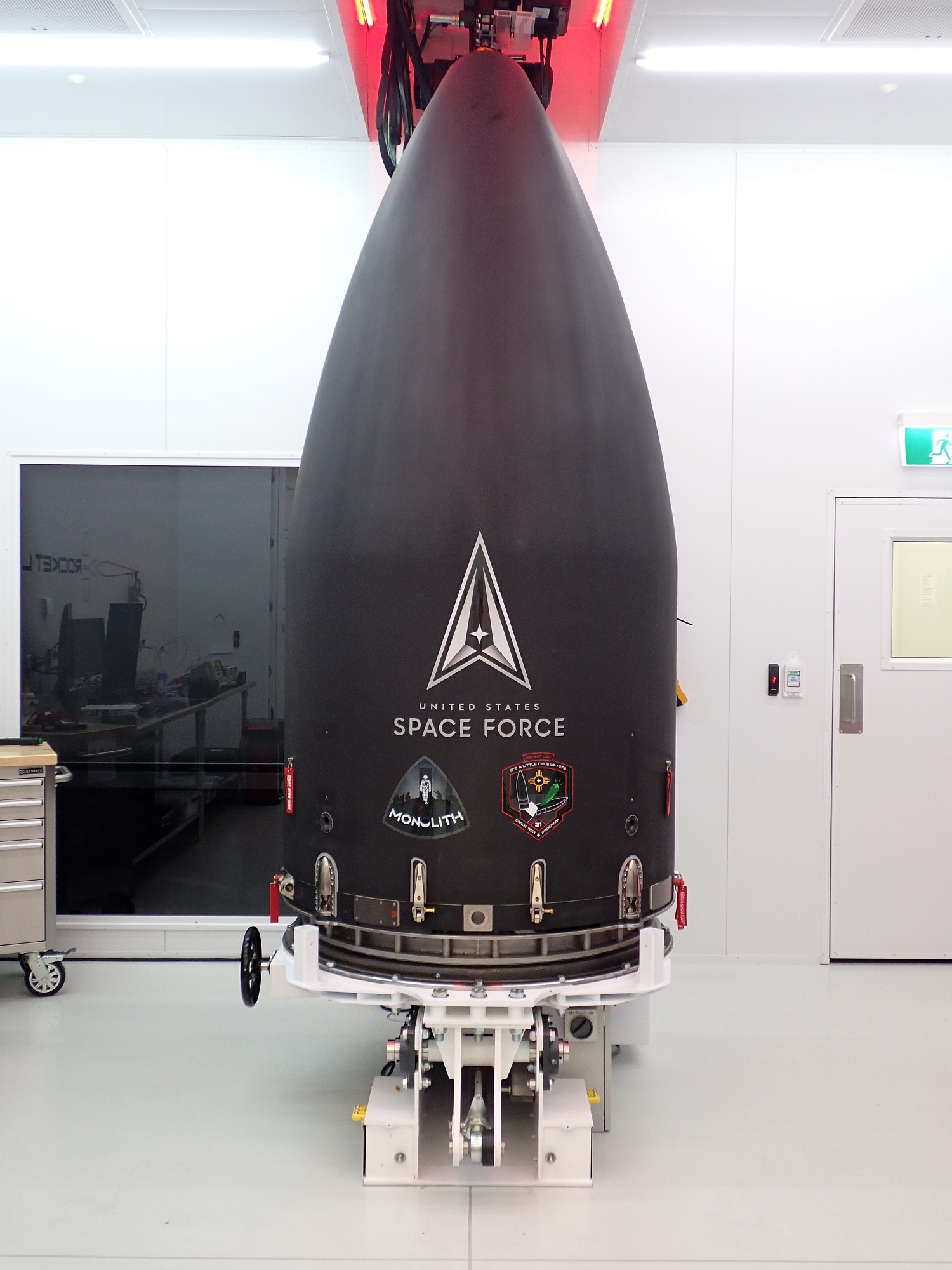Rocket Lab is gearing up for its fourth launch of 2021—a mission delivering a U.S. Space Force research and development satellite to low Earth orbit aboard one of the company’s Electron rockets. The mission could lift off as early as Thursday, the company announced Wednesday.
The mission was procured through the Department of Defense Space Test and Rocket Systems Launch programs, which are both based at Kirtland Air Force Base in New Mexico. The mission has been dubbed “It’s a Little Chile Up Here” in honor of the state’s beloved green chile, according to Rocket Lab.

The satellite, called Monolith, will explore and demonstrate the use of a large deployable sensor that is a substantial fraction of the spacecraft’s total mass. The demonstration will determine if deployment disrupts the satellite’s attitude, or orientation in space.
“Analysis from the use of a deployable sensor aims to enable the use of smaller satellite buses when building future deployable sensors such as weather satellites, thereby reducing the cost, complexity, and development timelines,” the company said in a statement.
The Monolith also will serve as a platform to test future space protection capabilities.
This is Rocket Lab’s second Space Force mission under the same agreement. In 2019, the Long Beach company’s Electron rocket delivered three research and development satellites for the Space Test Program.
“The Space Test Program has a long history of developing advanced space and launch capabilities that we’ve all come to rely on, from global positioning systems, satellite communications, meteorological satellites, and space domain awareness capabilities,” Rocket Lab CEO and founder Peter Beck said in a statement. “We’re proud to support the continuation of that innovation through rapid and agile launch on Electron.”
The launch originally was slated to blast off from Rocket Lab’s Launch Complex 2 at the Mid-Atlantic Regional Spaceport on NASA’s Wallops Island in Virginia. However, the mission has been transferred to the company’s New Zealand facility, while NASA continues the certification process for autonomous flight termination system software on Wallops Island.
The launch window is 12 days, meaning the mission could launch anytime between Thursday and August 9 depending on weather conditions, mechanical difficulties or other unforeseen delays.
This is Rocket Lab’s 21st Electron launch and it comes on the heels of a failed May launch due to an igniter system anomaly in the rocket’s second phase that caused the engine to shut down and the payload to be destroyed in the atmosphere. However, the Federal Aviation Administration has confirmed Rocket Lab’s launch license remains active and the company said it has corrected the issue.
